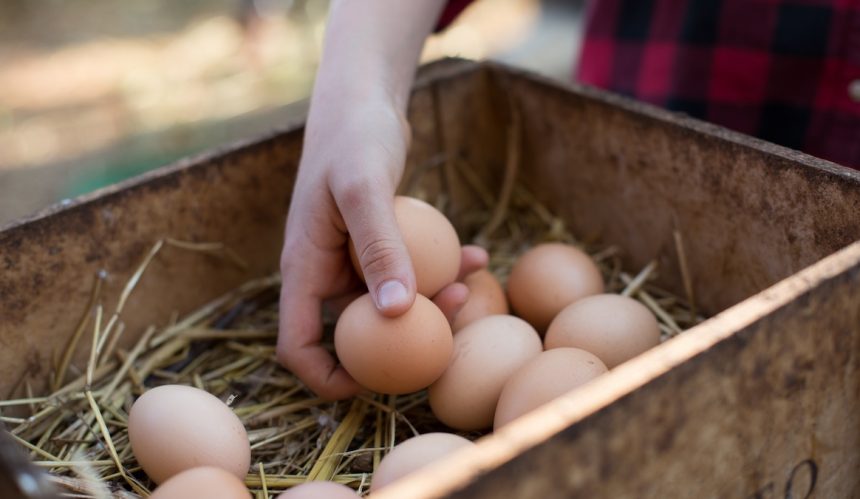Whether it’s farm-fresh eggs or eggs from your own backyard chickens, incorporating eggs into your meals is a delicious and nutritious choice. However, keeping eggs fresh can be a challenge. As a chicken farmer, I know the importance of egg management to prevent the dreaded experience of cracking open a bad egg. This is where the egg float test comes in. By gently resting an egg in water, you can determine its freshness based on how it behaves. The experts confirm that this test is valid because as eggs age, they lose moisture and develop an air cell that affects their buoyancy. Interestingly, even floating eggs may still be safe to eat as long as they are properly refrigerated. In addition to the egg float test, there are other ways to check the freshness of eggs, such as cracking them open and inspecting for signs of spoilage. When it comes to storing unwashed eggs, keeping them refrigerated is crucial to maintain their quality. Proper storage and refrigeration can extend the shelf life of eggs, whether they are store-bought or farm-fresh. Additionally, storing eggs away from strong-smelling foods can help maintain their flavor. By following these tips, you can enjoy fresh and delicious eggs for longer.






